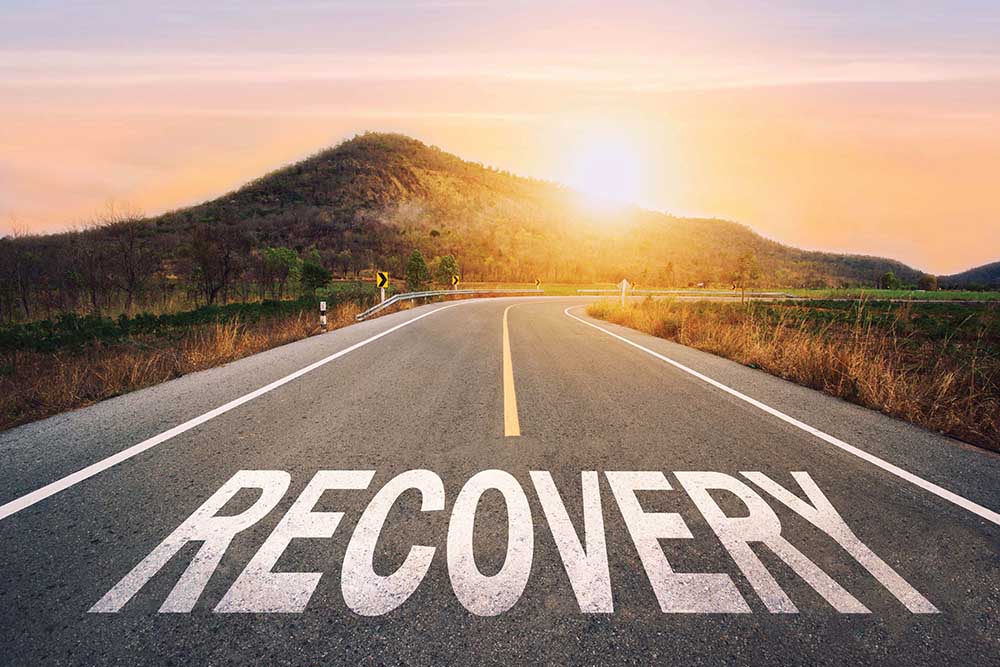By Rose Addo, Mental Health Awareness Trainer, The Center for Human Services
Ten years ago, seated across the kitchen table from a case manager named Kelly, everything began to shift. My ex-husband and I met with her before I left for work. Our coffee cups steamed between us.
For over a decade, my ex-husband and I fought for “normal.” But life didn’t feel normal. With my ex-husband’s complex diagnoses—schizoaffective disorder, bipolar disorder, PTSD, and substance use—our lives had been shaped by fighting for stability, experiencing defeat, and starting over. Our family had weathered courtrooms, emergency rooms, hospitals, and homelessness. We were tired.
That morning at the table, Kelly looked at us with compassion and candor. “If you want things to be okay, you may need to rethink what a good life looks like for you.” Her words landed with weight. In that moment, I realized we had been fighting for a version of life that might never come. But in letting go, we could create a new vision—one that included illness, but not defeat.
Five years later, I would face my own battle. My depression, anxiety, and PTSD symptoms surfaced with a force I hadn’t anticipated. I found myself in the place I had been so many times—desperate for hope, direction, and relief. I didn’t know how, but I knew there had to be a way to reclaim my life.
In 2024, I encountered Wellness Recovery Action Plan (WRAP). WRAP reframed my understanding of recovery. Previously, I had only associated recovery with substance use. But WRAP introduced a broader vision—one where recovery from mental health challenges was not only possible, but within reach. This was what Kelly had been pointing us towards all those years earlier at the kitchen table, and it was what I had been working toward for my own mental health challenges.
The Substance Abuse and Mental Health Services Administration defines recovery as “a process of change through which individuals improve their health and wellness, live self-directed lives, and strive to reach their full potential.” That defintion became personal. It helped me to understand that I didn’t need to eliminate every symptom to live a good life—I simply needed to learn how to live well with them.
With support, therapy, and intentional self-care, I began to recover. I created boundaries, embraced rest, and prioritized my wellbeing. Today, I still experience symptoms, but they no longer rule my life. I can work, live life, enjoy relationships, and make hopeful plans for the future.
Now, I help others discover the same truth: recovery is possible. As a facilitator for WRAP I share the hope I once needed. I am living proof that recovery isn’t just a possibility—it’s a reality.
September is Recovery Month. If you would like to learn more about what recovery from mental health or substance use looks like, or would like to know more about mental health, suicide prevention, or self-care, we welcome you to join us for our upcoming trainings.
Rose Addo is a Mental Health Awareness Trainer at the Center for Human Services in Bloomington, Illinois. Available trainings include QPR Suicide Prevention Training, Mental Health First Aid for adults and for adults who work with youth, and Wellness Recovery Action Plan (WRAP). Go to mcchs.org and click on Services for more details on upcoming trainings.

